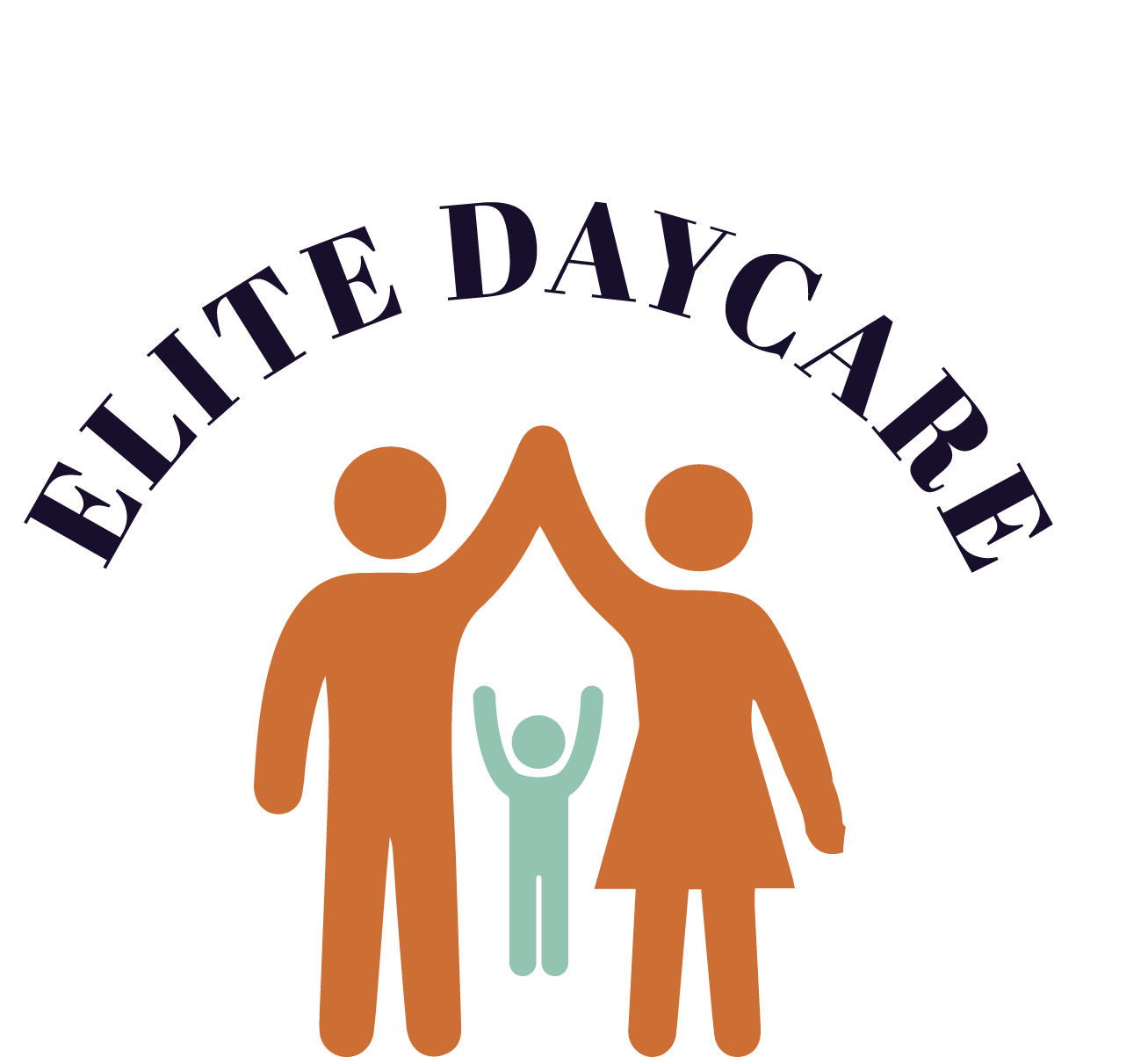The Importance of Play in Early Learning
As parents we think of play as all fun and games, and it is, but for young children it’s also a crucial part of their early learning and development.
Why is play important?
Allowing children to play does more than allow them to let loose, have fun and release some energy, it also develops their brain, and these early years are some of the most critical for a child’s brain development. In fact, early childhood games help enrich learning and are a vital component in laying the groundwork for later formal education. Play also helps children develop physically and emotionally.
The Benefits of Play for children
Physical
Children naturally move around a lot when they play, thus developing and strengthening their gross and fine motor skills and building healthy, active bodies. In today’s world where it can be difficult to pull our kids away from screens, free play is actually a great way to get your child moving and to increase their physical activity levels. Let them decide what they want to do or the game they want to play rather than trying to come up with an idea for them. Unstructured play is often the most fun for kids.
Mental
Children love to make-believe and create their own games and stories using the materials around them. This imaginative play allows them to develop their language and communication skills without the pressure of a formal task with someone watching over them to determine if what they are doing is “right” or “wrong.” Play also helps children to learn different concepts, encouraging autonomous thinking, problem solving and consequences while improving their ability to focus.
Emotional
Play allows children to experience the world around them and provides the opportunity to work through challenges and build relationships with others while learning about social norms. Through interactions with their peers, children build their sense of self-esteem and independence and practice patience, cooperation, and conflict resolution. Play also allows children to express themselves freely and to let out and process any emotions they may be feeling, thus developing their emotional strength. Much of the skills we need as adults are practiced during play as children.
So the next time your kids want to play instead of focus on a formal learning activity, feel free to let them and be confident that they are in fact learning and benefiting from their free play in ways that will serve them for years to come.

